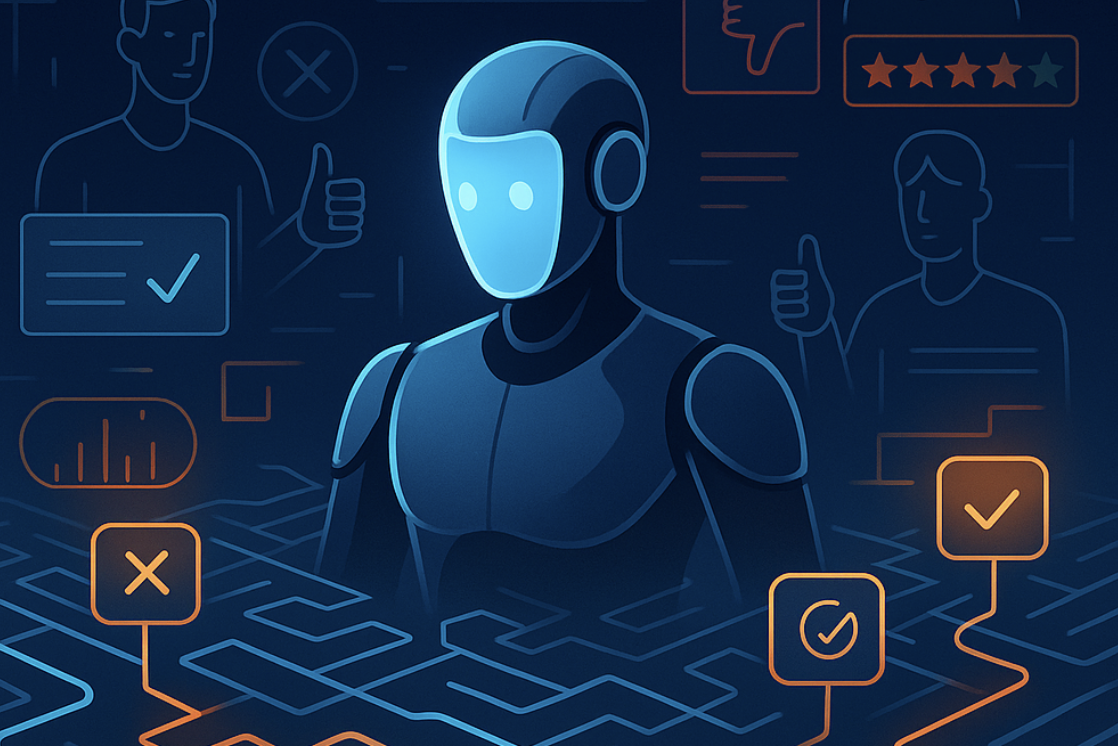
Go Back
Author: Constantine Goltsev, Co-founder & CTO, Apolo
Published

We’re entering a new era where artificial intelligence isn’t just powering research - it’s doing the research. In Apolo’s latest blog, we explore how AI systems like Robin and Zochi are redefining the scientific process. These aren’t just analytical tools - they form hypotheses, design experiments, interpret data, and even publish papers at top-tier conferences.
Robin, developed by FutureHouse and Oxford, has already proposed new drug candidates for complex diseases like dry age-related macular degeneration - delivering weeks-long breakthroughs instead of years. Meanwhile, Zochi, an AI from Intology, just had its research on LLM safety accepted at ACL 2025, outperforming many human-authored submissions.
This shift is more than impressive - it's foundational. AI researchers can process the entire body of scientific literature, iterate faster than any lab team, and explore hypothesis spaces humans simply can’t. But with that power comes big questions: What role will humans play? How do we guide these discoveries ethically and wisely?
Ready to see how the future of science is being written by AI?
👉 Visit apolo.us to read the full article.
The evolution of data centers towards power efficiency and sustainability is not just a trend but a necessity. By adopting green energy, energy-efficient hardware, and AI technologies, data centers can drastically reduce their energy consumption and environmental impact. As leaders in this field, we are committed to helping our clients achieve these goals, ensuring a sustainable future for the industry.
For more information on how we can help your data center become more energy-efficient and sustainable, contact us today. Our experts are ready to assist you in making the transition towards a greener future.

Hallucinations in LLMs aren’t just random mistakes—they often stem from identifiable internal patterns. This article explains how new interpretability tools are helping researchers trace and potentially control these behaviors.
Read post


Reward models are the backbone of modern LLM fine-tuning, guiding models toward helpful, honest, and safe behavior. But aligning AI with human values is harder than it looks—and new research is pushing reward modeling into uncharted territory.
Read post
